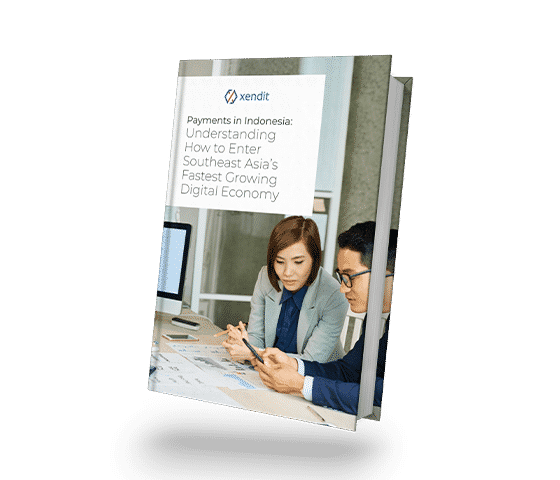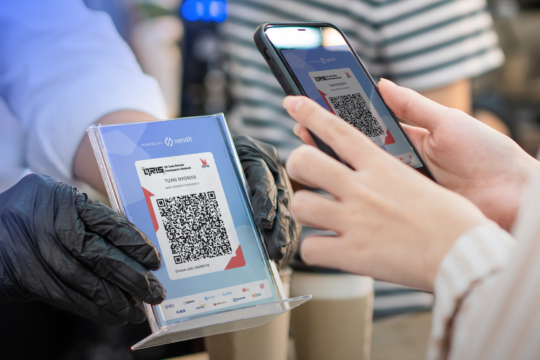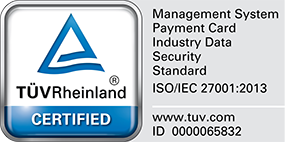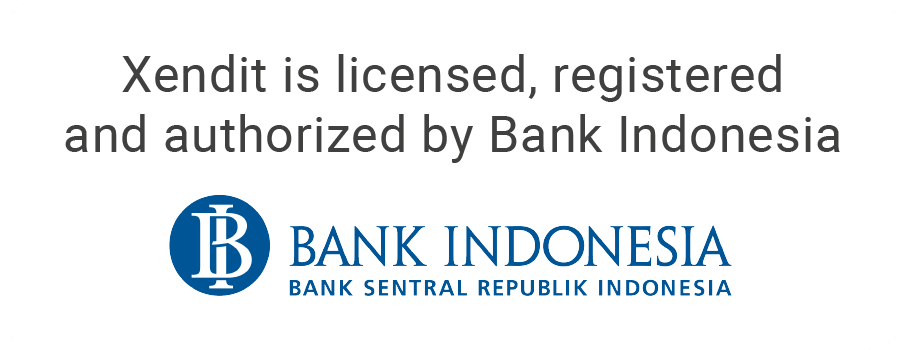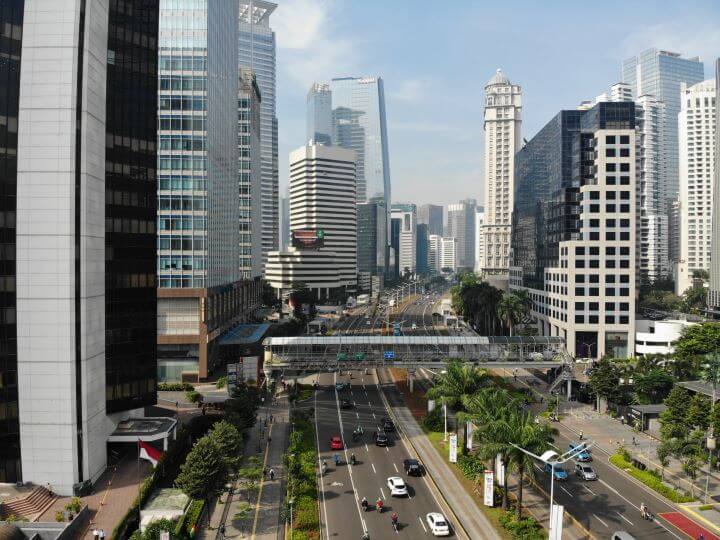
New VAT on digital goods and services
With COVID-19 pandemic slowing down economic activities and growth, the Indonesia Government issued a financial policy aimed at maintaining national economic stability. This policy focuses on national income and expenditure budget, taxation, and the implementation of the national economic recovery program, effective March 31, 2020. Peraturan Pemerintah Pengganti Undang Undang No. 1 Tahun 2020 (Government Regulation in Lieu of Acts No. 1 Year 2020)
As part of the above policy, the Minister of Finance issued the procedure relating to VAT (Value Added Tax) for intangible goods and/or services provided by foreign enterprises in Indonesia through electronic commerce. Peraturan Menteri Keuangan No. 48/PMK.03/2020 (Minister No. 1 Year 2020)
This is separate to the existing goods and services tax, which is applied within the country at a flat tax rate of 10%. The scope of the new VAT taxation will be applied to digital goods and services, provided by foreign businesses to Indonesian customers with effect from July 1, 2020.
Products covered
Digital goods, including but not limited to:
- Movies, music, and other audiovisual content
- Computer software, mobile apps, and games
- Electronic books, magazines, and comics
Digital services, including but not limited to:
- Web hosting
- Video conferencing services
- Other services delivered through computer networks
Criteria
Customer
- Customers providing Indonesian billing address or mailing address
- Customers paying with payment facilities issued or provided by Indonesian financial institutions
- Customers placing orders using Indonesian IP address or country calling code
Seller
- Overseas merchants or online retailers selling digital goods or services
- Overseas online marketplace operators
- Indonesian online marketplace operators selling digital products from outside Indonesia
Implications
The impacted foreign businesses selling digital products to Indonesian customers will be responsible for charging and collecting VAT, meeting reporting, payment, and record-keeping requirements.
The Minister of Finance has given the authority to appoint collectors of VAT from electronic commerce to the Directorate General of Taxation (DGT). DGT will start to appoint merchants to be VAT collectors in July 2020 and the collection will start in August 2020. Merchants that are likely to be appointed in July include Spotify, Netflix, and Zoom which have seen an increase in adoption and usage especially after the COVID-19 outbreak.
- The value of the transaction sold to Indonesian customers exceeds IDR 600 million per year or IDR 50 million per month and/or;
- Traffic / accessing people in Indonesia exceeds 12,000 per year or 1,000 per month.
Income Tax on Digital Products Provider
Foreign traders, foreign service providers and foreign businesses selling digital products through electronic transactions will also be subject to reporting and payment of income tax (for businesses treated as a permanent establishment) or electronic transaction tax (for the purpose of avoiding double taxation). They may appoint representatives domiciled in Indonesia to collect, deposit and report VAT owed and/or to fulfill their income tax or electronic transaction tax obligations.

How can Xendit help you
We can help with tax reporting and arrangement of payments, for customers who fulfill the criteria to be appointed and/or asked to be appointed by DGT as VAT collector. These include:
- XenInvoice – as a receipt that shows VAT charged.
- Pay tax on merchant’s behalf
- Reporting on merchant’s behalf
The new VAT regulation on digital goods and services is effective on July 1, 2020 in which DGT will start to appoint merchants. These first appointed merchants will start collecting VAT in August and the first payment to the DGT will be done by the end of September.
VAT for digital products can only be collected after appointment by DGT, hence the amount paid to DGT is only for the following month after appointment (does not apply retrospectively to transactions before appointment). Merchants that have not been appointed by DGT will have to qualify for the criteria as laid out by the DGT before applying to be VAT collector.
Are you concerned or uncertain if your business will be affected by the new VAT regulations? Reach out to your account manager or contact sales today, we are happy to serve you.

